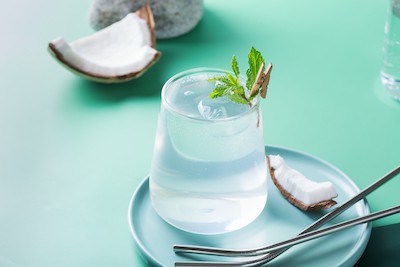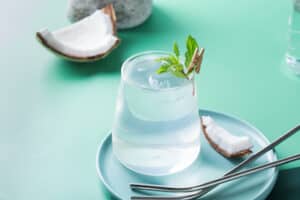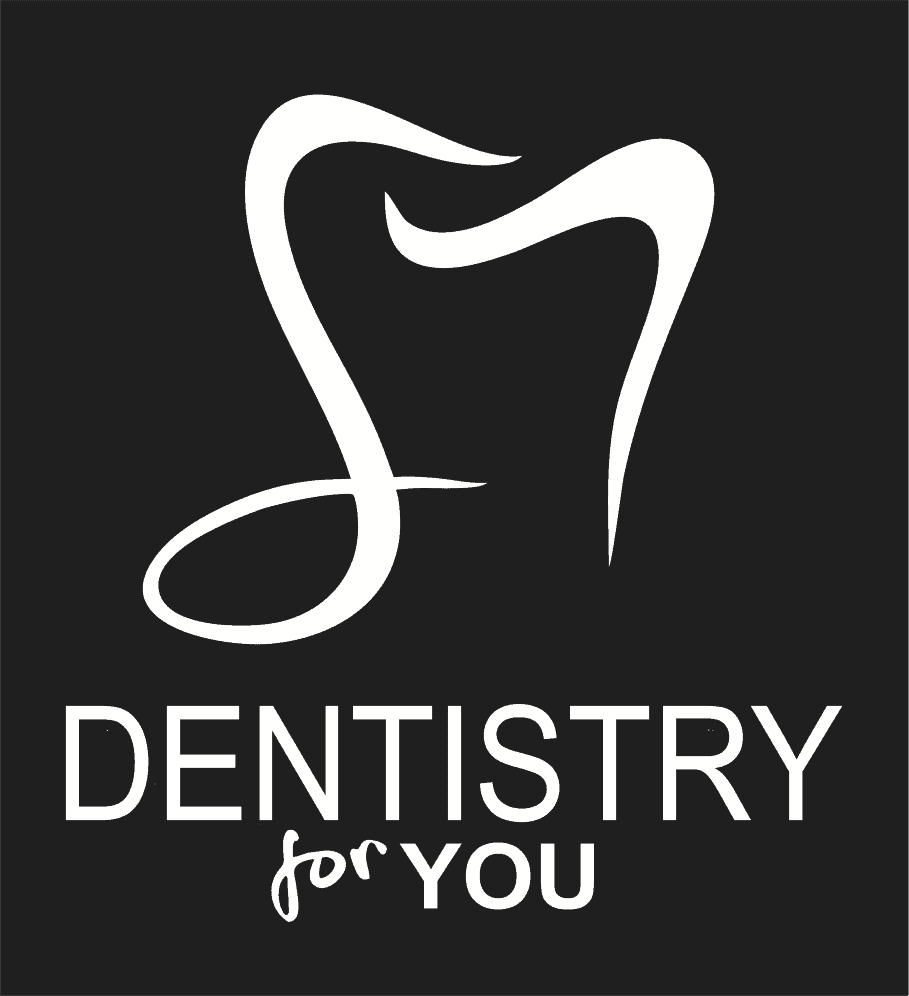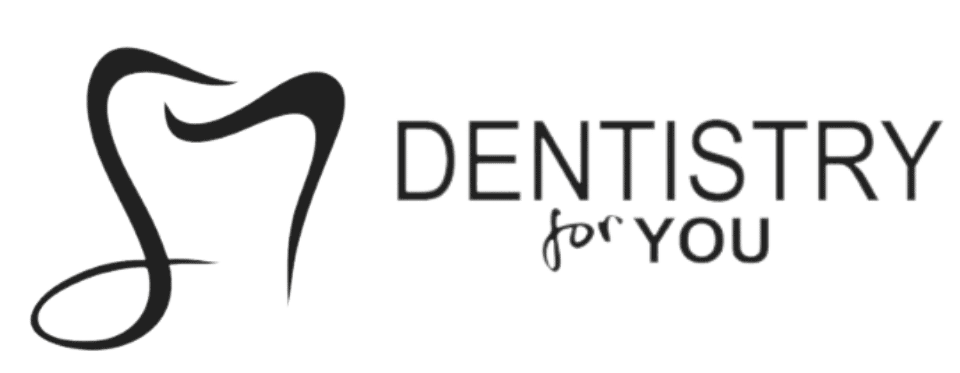
03 Feb Is Hard Seltzer Water Bad For Your Teeth?
Possible Effects Of Hard Seltzer Water On Your Teeth
Hard seltzer water is becoming increasingly popular for its light, refreshing taste, especially in the hot summer months. We all want to enjoy a tasty drink but at the same time- we want to be healthy too. It’s easy enough to keep track of carbs and sugar when it comes to our overall health but it’s too easy to forget about or neglect our oral health.
So the burning question on our minds is, is hard seltzer water bad for your teeth?
The good news is that there are worse things you could drink when t comes to damaging your teeth however, it’s important to remember that hard seltzer water does contain acids that weaken the enamel on your teeth. These acids can be found in the flavoring, carbonation, and alcohol. The acidity of hard seltzer water can also cause dry mouth which increases the risk of developing cavities and other bacteria-related dental problems. So in short, you could say that yes, hard seltzer water is bad for your teeth but not if it’s consumed in moderation. Let’s talk in more detail about what you should do to protect your teeth if you’re drinking hard seltzer water.

Ways To Protect Your Teeth When Drinking Hard seltzer Water
Hard seltzer water is having its moment right now, but before you stock up on cases for your next get-together it’s important to consider the impact it might have on your oral health. While this sparkling beverage may be lighter on calories and sugars than traditional flavored malt beverages and beers, the acidity in hard seltzer can still contribute to dental erosion, leaving teeth prone to sensitivity or worse.
We aren’t telling you to abandon hard seltzer water altogether but there are some things you should consider doing to protect your teeth from its effects. To lessen the potential risk posed by hard-seltzer consumption, do these things:
- use a straw when drinking
- avoid frequent sipping or swishing of the beverage in your mouth
- follow up with mouthwash or water – anything that dilutes and washes away the acidic residue.
- don’t forget about your regular teeth brushing and flossing routine!
How Does Hard Seltzer Water Damage Teeth?
Maybe you’re wanting the cold hard facts (pun intended.) How exactly does hard seltzer water cause damage to your teeth? Well, it comes down to the combination of carbonation and acidity found in most hard seltzers. Carbonation occurs when a liquid is mixed with carbon dioxide gas resulting in tiny bubbles. These bubbles give beverages that sparkling taste we all love but can also lead to dental erosion over time, removing the protective enamel layer of your teeth.
The acidity in hard seltzer water also contributes to dental erosion and can cause dry mouth, which increases the risk of developing cavities or other bacteria-related oral health problems. The amount of acid found in most hard seltzers is comparable to that found in orange juice, so it’s important to be aware of this and avoid drinking too much.
Overall, hard seltzer water can damage your teeth if consumed in excess or if you neglect your oral hygiene routine. Make sure that you’re taking the necessary precautions to keep your teeth healthy and bright!

Effects Of Alcoholic Drinks On Oral Health
So you know we aren’t just picking on hard seltzer water, let’s look at how other alcoholic drinks can impact your oral health. Whether your drink of choice is beer, wine, or cocktail – all of them contain alcohol which has been linked to several oral health problems.
- Alcohol can dehydrate the mouth which decreases saliva production and leads to dry mouth. Saliva is incredibly important for keeping your teeth healthy because it helps to neutralize acids in the mouth and rinse away food particles that cause plaque. Without saliva to do its job, your teeth are more vulnerable to bacteria and decay.
- Alcohol also contains sugars that can cause bacteria in the mouth to produce acids that attack tooth enamel and lead to cavities. The sugar content especially adds up with cocktails or other sweetened drinks.
- Finally, alcohol can reduce your inhibition making you more prone to poor oral hygiene habits such as not brushing or flossing regularly, eating sugary snacks, and drinking other acidic beverages. These all have the potential to damage your teeth so it’s important to pay attention to how much alcohol you’re consuming and take the necessary steps to keep your mouth healthy.
Also, long-term drinking can lead to long-term oral problems like inflammation of the gums, gum disease, and tooth decay. In order to keep our teeth healthy, it’s important to limit our intake of alcoholic beverages including hard seltzer water which can be bad for your teeth!
Regular Dentist Visits Can Prevent Oral Health Issues
One of the best things you can do to keep your teeth healthy is to visit your dentist regularly. Not only will they be able to spot and address any potential problems, but they can also provide personalized advice on how to maintain good oral health. Your dentist may even be able to recommend certain products or diets that can help protect your teeth from the wear and tear caused by hard seltzer water or other acidic beverages.
Regular check-ups, cleanings, and exams will help you to keep your teeth healthy and prevent any serious oral health issues caused by drinking hard seltzer water or other alcoholic beverages in excess. Not only can this help prevent painful oral health problems down the road, but it can also save you money in the long run by avoiding more expensive treatments and procedures. Taking the initiative to protect your oral health now with a dental visit every 6 months can go a long way in preventing future complications!

The Bottom Line
Hard seltzer water is a very popular alcoholic beverage right now, but many people don’t realize that hard seltzer water can be bad for your teeth. The acidity and sugars in hard seltzer water can damage tooth enamel, which increases the risk of cavities and tooth decay. There are some ways to protect your teeth from the effects of hard seltzer water, such as brushing immediately after drinking or using a straw.
If you’re concerned about the effects of hard seltzer water on your teeth, try to limit your consumption or switch to lower sugar and acidic options. Additionally, make sure you’re visiting your dentist regularly as they will be able to provide personalized advice on how to keep your teeth healthy and strong! We hope this article was helpful to you! Please visit our website to learn more about our dental services or to book an appointment.
Related Questions
What are the long-term effects of drinking alcohol on oral health?
Long-term drinking can lead to inflammation of the gums, gum disease, and tooth decay. It can also increase one’s risk for oral cancer, weakening of bones in the jaw, and excessive wear on the teeth. In addition, alcohol can cause dry mouth, which can lead to an increase in bad breath, plaque buildup, and cavities. To prevent these oral health problems from occurring, it’s important to limit one’s intake of alcoholic beverages.
What is the best alcoholic beverage for my oral health?
The best alcoholic beverage for oral health is one that has the lowest amount of sugar, acidity, and/or alcohol content. Low-sugar drinks like light beer and dry wines are generally considered to be better for your teeth than highly sugary beverages or those with high alcohol content. Additionally, drinking through a straw can help reduce contact with the teeth and lower the risk of decay. It’s also important to brush your teeth after drinking, as this will help reduce any sugar or acid that may have lingered on the enamel. Finally, moderation is key when it comes to protecting oral health; try limiting yourself to one drink per day.





Sorry, the comment form is closed at this time.